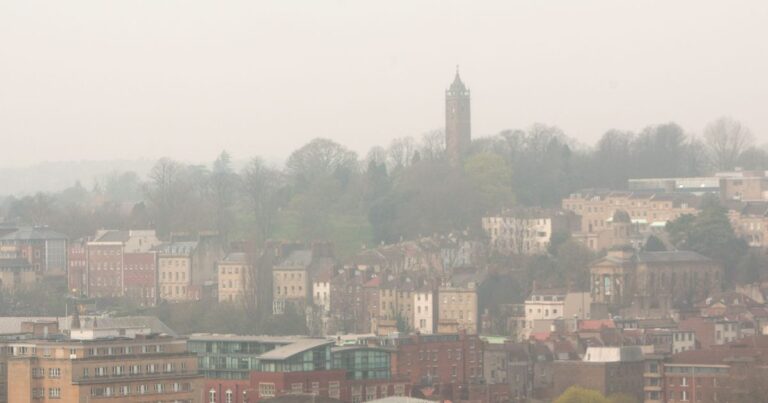A new report by UK100, a network of local authorities, and King’s College London, has shown the impacts of air pollution on life expectancy in the city of Bristol.
The new research claims that, in 2011 alone, air pollution in Bristol contributed to the premature deaths of five people per week – and up to 260 for the year – as a result of high levels of PM2.5 (particulate matter) and NO2 (nitrogen dioxide).
The study examined the combined impact of PM2.5 – mainly sourced from domestic wood and coal burning and industrial combustion and NO2 – which in cities primarily comes from older polluting vehicles.
The report also claims that these pollutants contributed to the deaths of up to 36,000 people across the UK in 2013, as well as to a wide range of health conditions including asthma, lung cancer, heart disease, strokes and, possibly, diabetes.
The release of the report marks the first time that new government guidance on ‘mortality burdens’ of air pollution developed by the COMEAP government advisory committee have been applied in practice to the largest city in the South West of England.
The study also claims that a child born in 2011 could die up to six months early if exposed over their lifetime to air pollution, even when taking into account an anticipated reduction in air pollution from 2011 to 2030.
Furthermore, the report calculates that the annualised health impact costs of air pollution in Bristol is up to £170m every year.
According to a 2018 Public Health England report, the total cost to the NHS and social care of air pollution is estimated to be up to £5.56bn for PM2.5 and NO2 combined.
In an effort to improve the city’s air quality, Bristol is planning to introduce the UK’s first complete ban on diesel cars. Under the plans, all privately owned diesel vehicles will be barred from entering a clean air zone in the city centre every day between 7am and 3pm by March 2021.
The proposals are subject to government approval and consultation with local residents and businesses.
The full report can be downloaded here.





